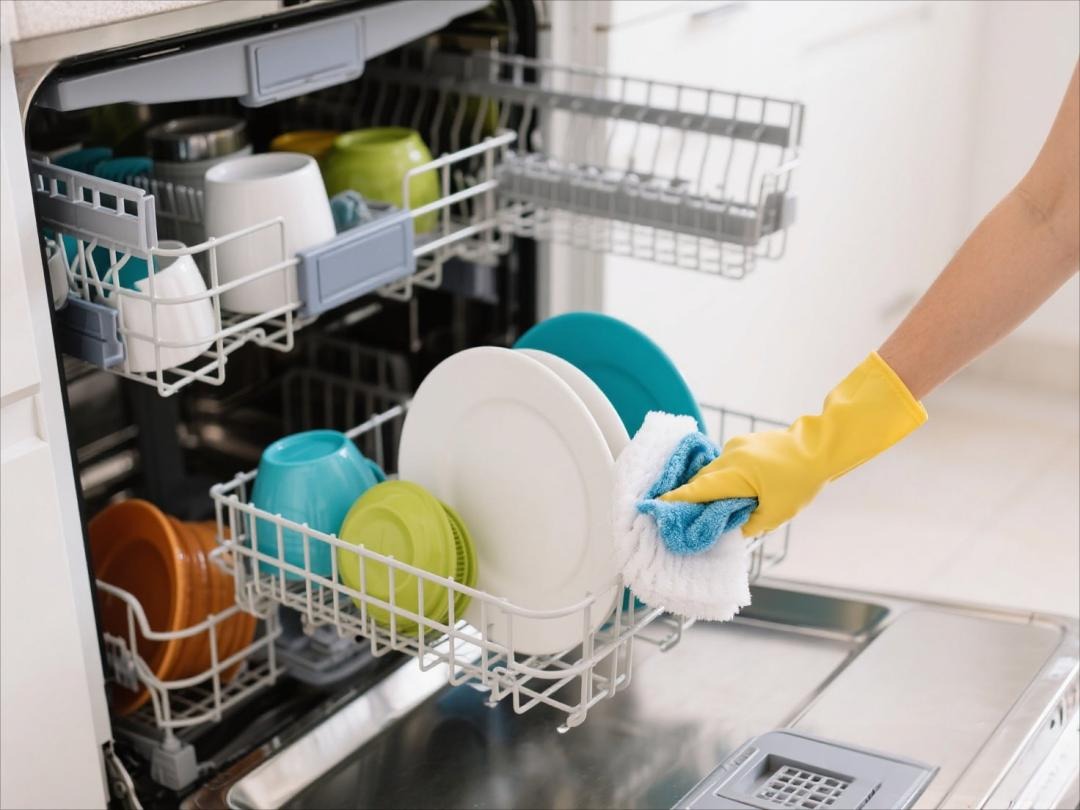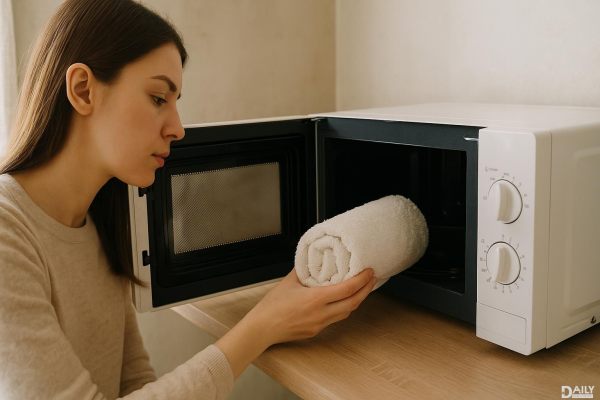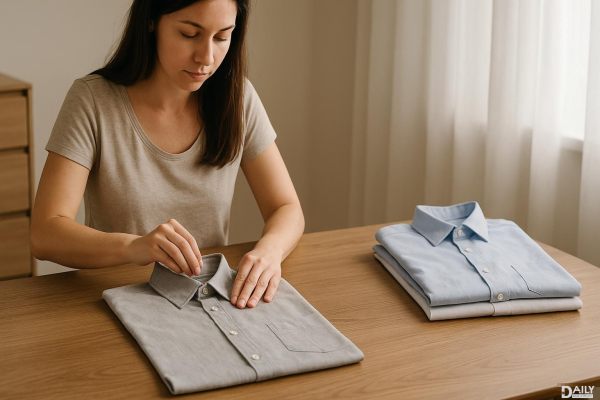sheets are like the unsung heroes of our sleep lives. We spend roughly a third of our existence bundled up in them, yet somehow, washing them regularly falls way down the priority list for a lot of us. Some folks swear by the "lived-in" feel of sheets that haven’t seen the inside of a washing machine in weeks, while others crave that crisp, just-laundered freshness. But here’s the deal: your sheets aren’t just a cozy nest—they’re a magnet for all kinds of grossness. Sweat, dead skin, oils, and even dust mites love to set up camp in your bedding, turning it into a microscopic petri dish if you’re not careful. So, unless you’re cool with sleeping in a bacteria buffet, washing your sheets every one to two weeks isn’t just a preference—it’s a health necessity.
The Science of Dirty Sheets: What’s Really Lurking in Your Bed
You might think your bed is a sanctuary, but science begs to differ. Every night, your body sheds millions of skin cells—enough to feed an entire colony of dust mites. These microscopic critters thrive in warm, humid environments (aka your bed) and leave behind waste that can trigger allergies and asthma. Then there’s sweat—depending on how hot you sleep, you could be losing up to a liter of fluid per night. That moisture, mixed with body oils, creates the perfect breeding ground for bacteria and fungi. And if you’ve ever woken up with breakouts or irritated skin, your sheets might be the culprit. The longer you go without washing them, the more these irritants build up, turning your bed into a sneaky saboteur of your skin and respiratory health.
How Often Should You Actually Wash Your Sheets?
The golden rule? Every one to two weeks. But like most rules, there are exceptions. If you’re a solo sleeper who showers before bed and doesn’t sweat much, you might stretch it to two weeks. But if you share your bed with a partner, pets, or kids—or if you’re prone to night sweats—you’ll want to bump that up to weekly. Pillowcases deserve extra attention, especially if you’re acne-prone. Oils from your hair and face transfer directly onto them, so washing them two to three times a week can help keep breakouts at bay. And if you’re sick? Wash everything immediately—viruses and bacteria can linger on fabric, making it easier to reinfect yourself or spread germs to others.
Hot vs. Cold Wash: What’s Best for Killing Germs?
You might assume that hot water is the only way to nuke bacteria, but modern detergents are pretty effective in cold water, too. Hot water (around 140°F) is great for killing dust mites and sanitizing sheets, but it can also wear out fabrics faster and isn’t always eco-friendly. Cold water works fine for routine washes, especially if you use a detergent with enzymes that break down oils and organic matter. For germ-heavy situations (like post-illness or if you have allergies), a hot wash with a splash of bleach or a sanitizing laundry additive is your best bet. Just check the care labels—some materials, like silk or bamboo, can’t handle high heat.
Beyond the Sheets: Don’t Forget Pillows and Mattresses
Sheets aren’t the only thing collecting gunk—your pillows and mattress need love, too. Most pillows (especially down or synthetic fills) can be machine-washed every three to six months to kill dust mites and refresh them. Memory foam pillows, though, usually need spot cleaning. As for your mattress, vacuuming it every few months helps remove dust and dead skin, and a mattress protector acts as a barrier against spills and sweat. If you’ve never washed your pillows or deep-cleaned your mattress, well… maybe don’t think about it too hard before bedtime.
Pro Tips for Keeping Your Bedding Fresher, Longer
Want to extend the life of your sheets between washes? Start by showering before bed to minimize oil and dirt transfer. If you snack in bed (no judgment), brush off crumbs immediately. Let your bed air out for a few minutes each morning by pulling back the covers—this reduces moisture buildup. And invest in a second set of sheets so you’re not stuck waiting for laundry day. Bonus: high-thread-count cotton or linen sheets breathe better, reducing sweat retention. Oh, and if you’re a pet owner? A lint roller is your new best friend for keeping fur at bay.
At the end of the day, clean sheets aren’t just about that luxurious, hotel-bed feeling—they’re a frontline defense against allergens, bacteria, and skin irritants. Sure, laundry might not be the most thrilling chore, but neither is dealing with breakouts, sniffles, or worse because you skipped a wash cycle. So, set a reminder on your phone, stock up on detergent, and give your sheets the attention they deserve. Your skin, sinuses, and overall sanity will thank you. Sweet dreams—literally.
























